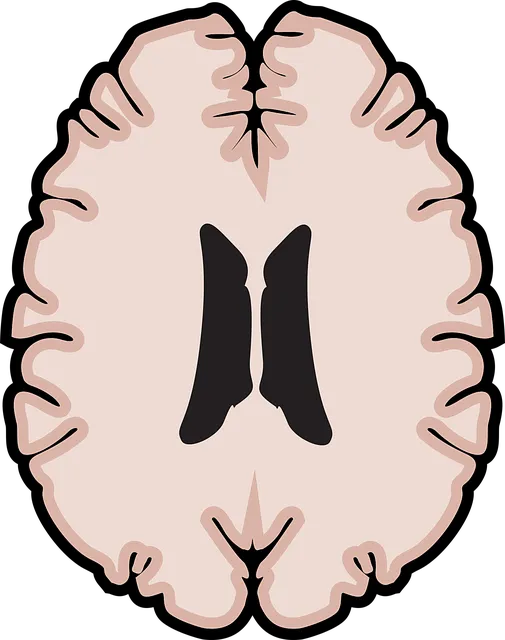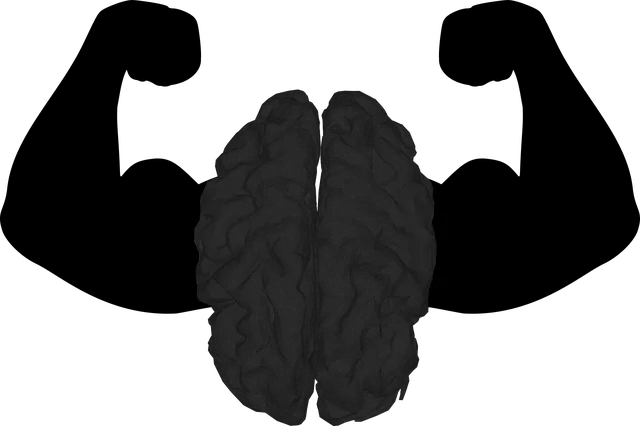Lone Tree Kaiser Permanente's mental health providers advocate for early intervention and a holistic approach to depression prevention. They offer tailored services like Trauma Support, emotional regulation techniques, and mood management strategies to empower individuals with resilience against depression. The comprehensive strategy includes physical well-being (exercise, diet, sleep), emotional coping tools (mindfulness, journaling), self-care routines, goal setting, and crisis intervention. Cognitive Behavioral Therapy (CBT) is an evidence-based tool for treatment, targeting negative thought patterns. Building a robust support network through open communication and engagement with friends, family, or groups is also emphasized, fostering emotional well-being and practical assistance.
Depression affects millions, but with proactive strategies, prevention is achievable. This article explores a comprehensive guide to tackling depression, featuring insights from Lone Tree Kaiser Permanente mental health providers. We delve into recognizing subtle signs and symptoms, understanding the vital role of professional support, and adopting holistic lifestyle adjustments. Additionally, we highlight effective therapeutic approaches like Cognitive Behavioral Therapy (CBT) and emphasize building a nurturing social network. Equip yourself with these strategies to foster mental well-being.
- Understanding Depression: Recognizing the Signs and Symptoms
- The Role of Lone Tree Kaiser Permanente Mental Health Providers
- Lifestyle Adjustments for Prevention: A Holistic Approach
- Cognitive Behavioral Therapy (CBT): A Powerful Tool for Coping
- Building a Support Network: Nurturing Social Connections
Understanding Depression: Recognizing the Signs and Symptoms

Depression is a complex mental health condition that impacts millions worldwide. Recognizing its signs and symptoms is a crucial first step in prevention. Individuals often experience a persistent feeling of sadness, loss of interest in activities once enjoyed, changes in appetite and sleep patterns, fatigue, difficulty concentrating, and feelings of worthlessness or guilt. These may manifest as subtle shifts or more severe disturbances in daily functioning, affecting relationships, work, and overall quality of life.
At Lone Tree Kaiser Permanente, our mental health providers emphasize the importance of early intervention and support services like Trauma Support to address these issues. Understanding emotional regulation techniques and practicing mood management strategies can be empowering tools for prevention. By seeking help when needed and adopting a proactive approach to mental well-being, individuals can better navigate life’s challenges and maintain resilience against depression.
The Role of Lone Tree Kaiser Permanente Mental Health Providers

The Lone Tree Kaiser Permanente mental health providers play a pivotal role in preventing depression and promoting overall well-being within the community. These professionals are equipped with specialized knowledge and skills to address mental health concerns, offering a range of services tailored to individual needs. They provide not only therapy but also education and guidance, which are essential components of preventive care. Mental Health Education Programs designed by these providers focus on fostering emotional intelligence, teaching coping strategies, and promoting early intervention, all of which can significantly reduce the risk of depression.
Furthermore, Lone Tree Kaiser Permanente’s commitment to crisis intervention ensures that individuals in distress receive immediate support. These providers are trained to handle acute mental health crises, offering short-term interventions that can stabilize a person and prevent a progression into more severe depressive episodes. By combining therapeutic services with educational programs and crisis guidance, the mental health providers at Lone Tree Kaiser Permanente create a comprehensive framework for depression prevention, ultimately enhancing the resilience and emotional well-being of their patients.
Lifestyle Adjustments for Prevention: A Holistic Approach

A holistic approach to depression prevention involves lifestyle adjustments that cater to various aspects of one’s life. Lone Tree Kaiser Permanente mental health providers emphasize the interconnectedness of physical, emotional, and social well-being in fostering mental resilience. Incorporating regular exercise, maintaining a balanced diet, and prioritizing sufficient sleep are essential pillars of this strategy. Engaging in activities that promote relaxation and stress reduction, such as mindfulness practices or journaling, can also significantly contribute to mental wellness.
Furthermore, developing routines centered around self-care and setting achievable goals can help individuals maintain a sense of purpose and positivity. Lone Tree Kaiser Permanente’s Mental Wellness Coaching Programs Development offers guidance tailored to these needs, empowering individuals to take proactive steps in preventing depressive episodes. Crisis Intervention Guidance is also available for those facing immediate challenges, ensuring that support is accessible when needed.
Cognitive Behavioral Therapy (CBT): A Powerful Tool for Coping

Cognitive Behavioral Therapy (CBT) has emerged as a powerful tool in the arsenal of Lone Tree Kaiser Permanente mental health providers for coping with depression. This evidence-based approach focuses on identifying and challenging negative thought patterns and behaviors that contribute to low mood and emotional distress. By modifying these cognitive distortions, CBT equips individuals with effective coping skills, fostering emotional well-being.
The therapy emphasizes the connection between thoughts, feelings, and behaviors, teaching clients to recognize unhelpful thinking habits and replace them with more realistic and positive ones. Through structured sessions, individuals learn empathy building strategies that enhance self-compassion and resilience. This not only improves their ability to cope with stressful situations but also promotes a sense of empowerment in managing their mental health effectively.
Building a Support Network: Nurturing Social Connections

Building a strong support network is an essential aspect of depression prevention. Nurturing social connections can provide individuals with a sense of belonging and emotional support during challenging times. At Lone Tree Kaiser Permanente, mental health providers emphasize the power of human connection in fostering mental wellness. Engaging in open communication strategies with friends, family, or support groups allows individuals to express their feelings and concerns, reducing feelings of isolation. This act of sharing and receiving support can be a game-changer in preventing burnout and promoting resilience.
Furthermore, the support network acts as a safety net, offering practical assistance and guidance when needed. Encouraging regular interactions with like-minded people interested in mental health awareness can help create a community that understands and supports one another’s well-being. By prioritizing social connections, individuals can enhance their coping mechanisms and build resilience against depression.
Depression is a serious yet treatable condition, and preventing it is a multifaceted approach. By understanding the signs and seeking help from knowledgeable professionals like those at Lone Tree Kaiser Permanente, individuals can take proactive steps towards a healthier mind. Lifestyle adjustments, cognitive behavioral therapy (CBT), and building a strong support network are all integral parts of this process. With the right tools and support, depression prevention is achievable, allowing folks to live vibrant, fulfilling lives.



